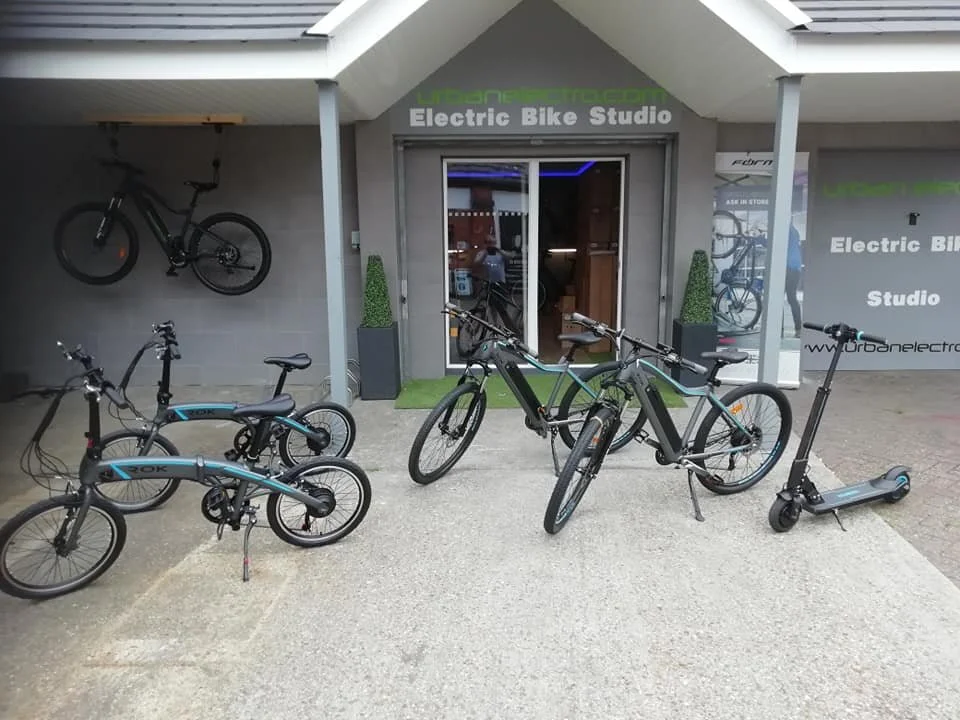Two schools of thought are quickly forming regarding the length and strength of the lockdown and the government is desperately searching for a solution.
Research has indicated that the government should strongly consider pushing and promoting the use of electric bikes in order to reinforce their statement telling commuters to avoid public transport and to assist people’s return to work post-lockdown. This recommendation comes after new government guidance is issued for local authorities to provide more space for cycling and walking ‘within weeks’ in order to respond to the outbreak. By using e-bikes, carbon emissions cut could slashed by up to 50% and provide a safer and cheaper way to travel as lockdown measures are relaxed.
Studies has also indicated that there is a “clear correlation” between air quality and the level of death from COVID-19. This has led to the implementation of policies designated to promoting active and sustainable travel
A study conducted by the University of Leeds‘ Centre for Research into Energy Demand Solutions (CREDS) found that the most significant impact on emissions would come from electrically assisted bicycles (e-bikes / electric bikes) outside of urban area. It was also noted that their usage in low-income areas with limited access to public transport could assist in cutting the costs of travel and improve access to employment and essential services.
The report suggested that electric bike usage could be in increase in the UK by incorporating a Danish-style strategic national cycle network that can link cities to towns and villages, offering greater travel opportunities for more people living outside urban areas. Electric bikes for key workers has also been suggested in the report, this could be incorporated through electric bike sharing or e bike schemes.
The authors of the report are urging policymakers to find a method of incentivising user to take up electric bikes in order to replace car journeys. Simply replacing 20% of all car journeys alone would reduce carbon emissions from four to eight million tonnes a year. The report recognises that e-bikes need to be defined as “strategically important” transform within 2020 transport initiatives and their use incorporated into local and national programmes.
A more controversial suggestion is that people should be disincentives to use private cars and vehicles excessively where viable alternatives exist. The report reinforces the seriousness of the climate crisis and how action needs to be taken rapidly, alongside the severity of the COVID-19 outbreak. The authors say that “the research began as a way to measure the potential carbon savings that e-bikes can offer” but as their work continued and we slowly emerge from lockdown that “e-bikes can be part of the solution to getting people safely mobile once again”.









